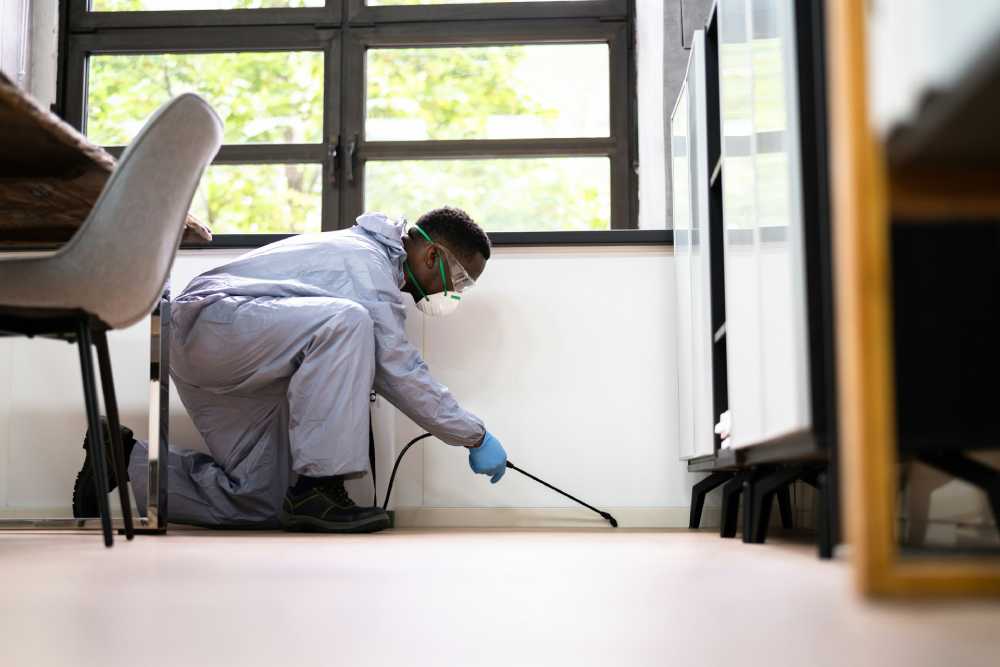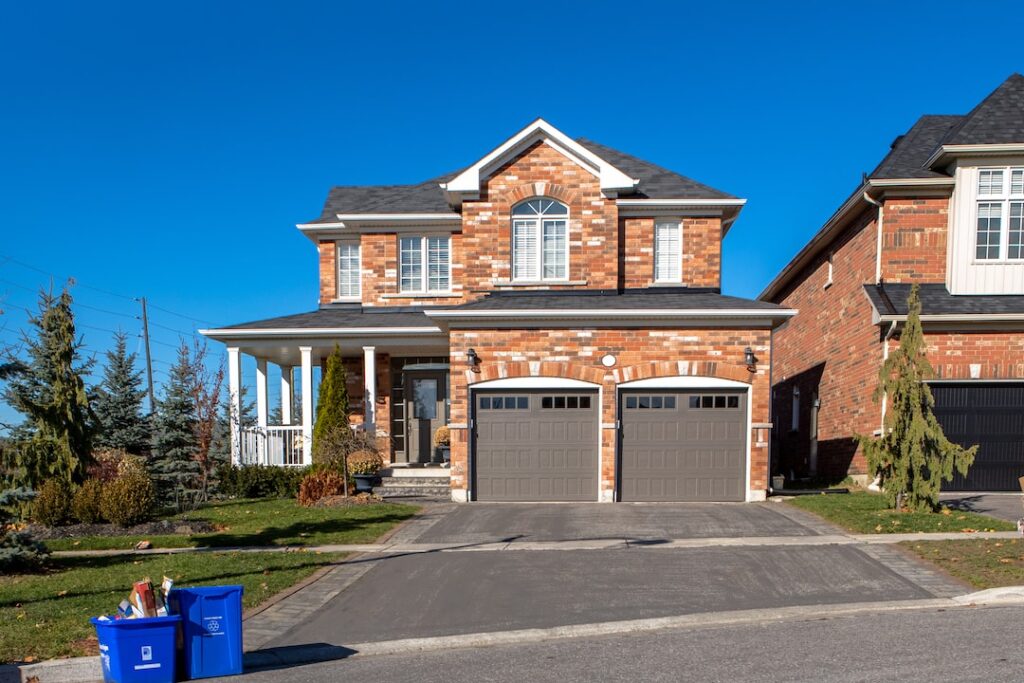Insulation helps regulate temperature, making heating and cooling easier. It also keeps the products in your building from damage caused by fluctuating temperatures.
Insulation creates a sound barrier, helping you sleep more peacefully and focus more effectively at work without the noise from outside traffic. It also increases your resale value.
Increased Comfort
Insulation traps tiny pockets of air and slows the movement of heat to keep warm air in winter and cooler air in summer. It can also block moisture movement, preventing condensation and dampness in your home, which can damage paint, plaster, and wallpaper.
Insulation can cut energy bills by up to 15% when paired with air sealing. This translates into lower electricity and natural gas costs each month.
Commercial insulation offers similar energy savings and protects the building structure and inventory. It can provide a comfortable working environment for employees, improving their productivity and helping to reduce absenteeism. Insulation can also reduce sound transmission within the building, creating a quieter space with less reverberation. The benefits of insulation are long-lasting and add value to your home or business. The investment pays off with reduced energy bills, better comfort, and a higher resale value.
Reduced Energy Bills
Insulation reduces energy costs by reducing heating and cooling losses. This helps lower your utility bills and provides a higher comfort level throughout the year.
Insulating walls, attics, floors between rooms, and ceilings in commercial buildings helps keep a building cooler and less expensive to heat and cool. It also helps prevent condensation and mold, possibly leading to costly repairs.
Homes with inadequate insulation and air leaks can spend an average of 15% more on their energy bills than homeowners with adequately insulated and sealed homes. This increased cost of heating and cooling adds up and can lead to significant damage over time.
Quality insulation helps preserve non-renewable resources by reducing energy consumption and greenhouse gas emissions. This, in turn, reduces the risk of global warming and acid rain. Many types of insulation are environmentally friendly and made from recycled materials. It’s essential to speak with a professional before making a choice.
Reduced Greenhouse Gas Emissions
Companies and homeowners are seeking ways to reduce their carbon footprints as environmental consciousness grows. While many focus on alternative transportation methods and green energy sources, insulation can also play a role.
Insulation helps reduce greenhouse gas emissions by reducing the amount of energy used to heat buildings. Preventing thermal energy transfer through walls, ceilings, and floors reduces heat loss.
In addition, home insulation can help reduce emissions by lowering the amount of carbon dioxide produced to generate that energy. This is because reducing energy usage means that less fossil fuels are burned.
A lack of insulation in homes leads to air leaks and high heating and cooling costs. For businesses, low embodied carbon (EC) insulation can also help lower a company’s emissions, mainly if the material is recycled.
Increased Resale Value
Adding insulation to your home is an investment that can help increase the resale value of your house. This is because potential buyers will see that your house has an efficient heating and cooling system that will lower their energy bills. This will make them more interested in buying your house.
In addition to lowering energy bills, insulation also reduces greenhouse gas emissions. This is because reducing energy consumption means less fossil fuel is burned, reducing carbon dioxide and sulfur dioxide.
Insulation can also improve acoustical control. This is particularly beneficial in commercial buildings as it can enhance the work environment, promote employee morale, and increase productivity. In addition, some insulation materials are built to resist fires and act as a barrier against insects such as wood-eating ants or termites. This is important because these insects can damage a building and cause costly repairs. In many cases, a fire in a room that is poorly insulated can spread quickly.





Leave a Reply
You must be logged in to post a comment.